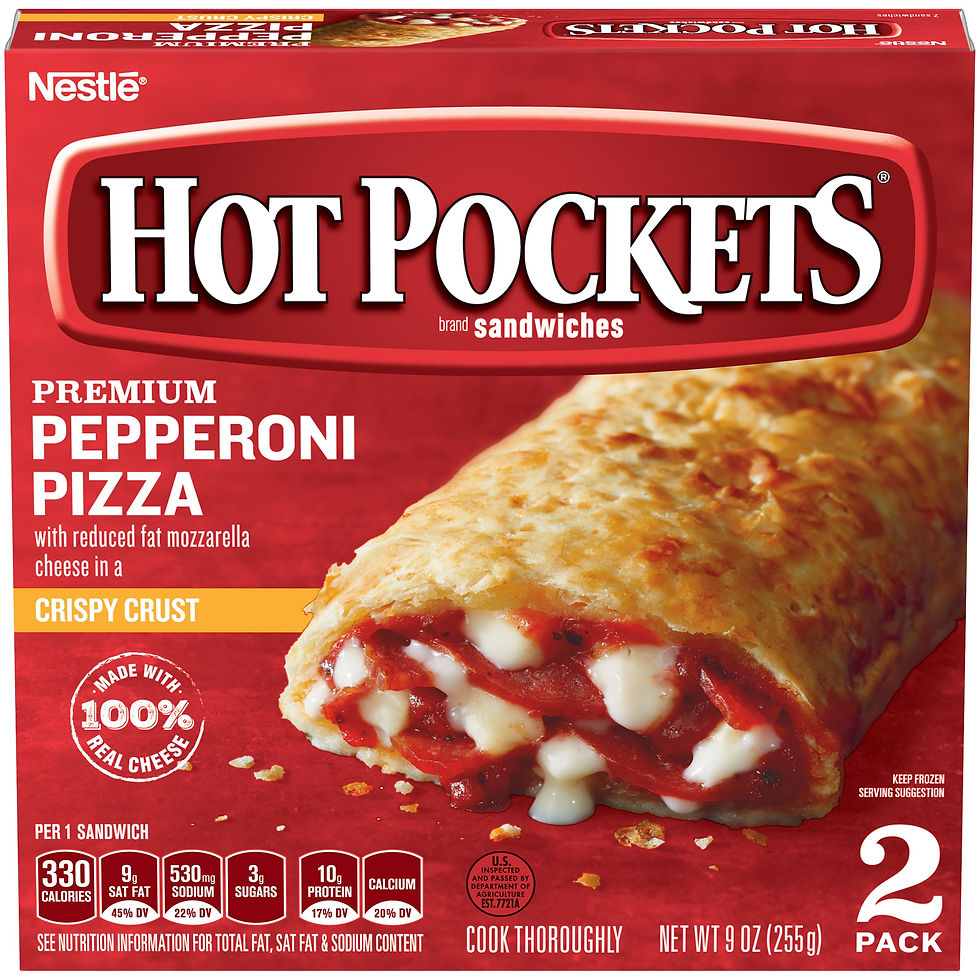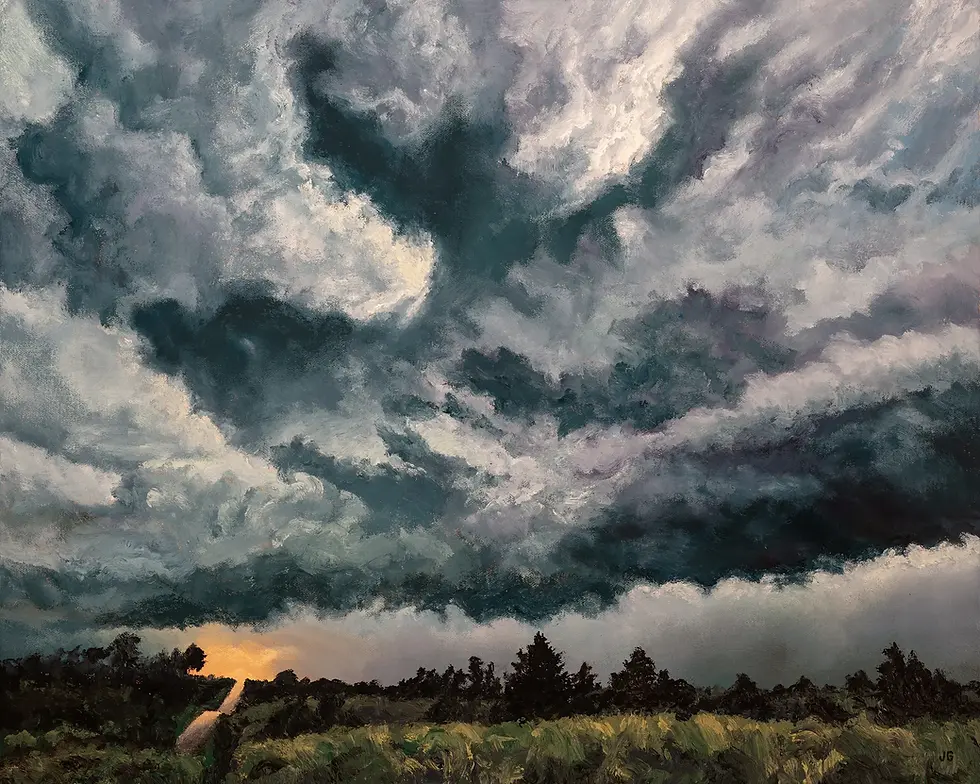The wrong picture but the right yo-yo
- Colin Fleming

- Dec 13, 2018
- 5 min read
I was useless today. That can't be happening right now. Walked three miles. Climbed the Monument once. Ran the first 200 stairs for a personal best, going beyond the personal best I set yesterday by twenty-five.
Make Way for Tomorrow is the single greatest picture I have ever seen concerning human love. Perhaps strangely to some, I would also say The Thin Man is up there. I would argue that the four best directors in American cinematic history are Orson Welles, John Ford, Howard Hawks, and Leo McCarey. To be honest, I am not sure if McCarey is not best out of all of them. There is no movie that is paced and designed in its details like this one. There are some people--some artists--who just know so much more about life than everyone else. That's McCarey.

He had quite a year in 1937, which was when Make Way for Tomorrow came out. It's also when McCarey's The Awful Truth was released. It starred Cary Grant, and this was the first picture where Grant was Grant, with the persona we recognize so well now. The Awful Truth won the Academy Award for best picture. Normally, whatever wins for best picture sucks. Go look back at the history of the award. It goes to shit. Same with the Grammys. Shitty albums win Grammys. Basically, anyone who was ever any good didn't win Academy Awards or Grammys. Don't believe me? Pull up the lists. And pull up the lists of who didn't win. Hawks, Ford, Welles. Hitchcock. Asinine, these awards. (By the same token: When I see someone who cares about these things, I know they are someone who knows nothing about film.)
Bu the Academy got it right this time--well, sort of right. McCarey gets up on stage, and his acceptance speech consisted of, "You gave it to the wrong film." Meaning, it should have been Make Way for Tomorrow. I will add that Cary Grant did not want to do the Cary Grant persona. McCarey made him do it.
Certain artists and characters are my people, so to speak. Welles, Lennon, Falstaff, Van Gogh, Keats, John Clare, Mozart, Thoreau, The Rules of the Game, Sherlock Holmes. Leo McCarey fits into this category as well. He was incredibly versatile. You can see why I'd like that, yes? He did the Marx Brother's best picture, screwball comedies, worked with Harold Lloyd on The Milky Way, did Going My Way with Bing Crosby, you know about Make Way for Tomorrow, and he helmed a lot of the silent Laurel and Hardy pictures. Neither Laurel nor, especially, Hardy, was a genius, but together they added up to genius. With McCarey helping. In a rare critical misfire, McCarey later deemed their talkies to be rubbish. He thought they went to pot with the advent of sound. He could not have been more wrong. I wonder if he was hurt that they did so much after working with him, but he also doesn't strike me as that kind of man. I think he was just wrong. McCarey worked fast, but he also kept a piano on set, and in between scenes, he'd play it, waiting for ideas to come to him. Laurel and Hardy, by the way, are essentially the root of almost any comedy you have seen going back to the 1920s. Withnail and I? That's Laurel and Hardy. David Brent and Gareth Keenan? That's Laurel and Hardy. Fred and Barney? Laurel and Hardy. They are the great comedic archetype of the modern era. Then again, Lear and his Fool were Laurel and Hardy before Laurel and Hardy.
This is a picture, from 1929, with a Christmas element, that McCarey worked on with "the boys." It's called Big Business. There are Christmas trees, never mind that it's the summer.
Here is a new live review I did for JazzTimes. Good piece of writing, artfully done. I don't do live reviews, for the most part. I don't really do reviews for the most part, do I? One reason I really do not like the "critic" label. A critic says, "this is good, this is bad, you should or shouldn't pay for it." That is not remotely what I do. But that came out well. Each week is not just a career now, it's the equivalent of a crazily diverse career. And it was sometime this week--one can understand how it is difficult to keep it all straight--that I wrote a 2100 word essay on the greatest Christmas jazz recording, and I think it's really a special piece, does a lot of things you don't see in music writing. Sold that to JazzTimes. So that will be out soon. Funnily, I can write dozens of works in my head, and keep them there, for years if I like, and there is no confusion, and I can remember everything that interests me, and have been able to do so since infancy, but what I've just done, I don't keep as straight, or sometimes straight at all. Because it's done, and what matters is what's next. I've let it go, in a way. There is a saying in hockey: You are only as good as your next shift. Publishing people hate that idea of having to prove it, prove it, prove it, because most of them have nothing, nothing, nothing. Give me the next shit, give me a million next shifts. But maybe stop penalizing me before I've stepped on the ice because I keep out-skating, out-shooting, out-hitting you and you're wobbling around with bent ankles.
There is nothing melodramatic about Make Way for Tomorrow. And yet, it makes me ask the question, Is it possible for a work of art to be too moving? I don't believe it is. But this...it pushes the envelope to the very edge of the table.
I am dehydrated. Time to remedy that. I think the most painful physical way to die--let's be clear that there are all kinds of ways to die--is or thirst. That must be absolutely awful. How uncomfortable is it to be thirsty, right? Ever been on a bus for a three, four, five hour ride, and you forgot a bottle of water? It's brutal, isn't it? Imagine days? It's a total fear of mine. I love the sea, but I better not end up, after I break through and get where I am going in this world, having had an accident somewhere with the boat I'll have and be stuck in the middle of the Atlantic on a raft with nothing to drink.
The title is a Carl Perkins reference, by the way. Or Piano Red, if you prefer.




Comments